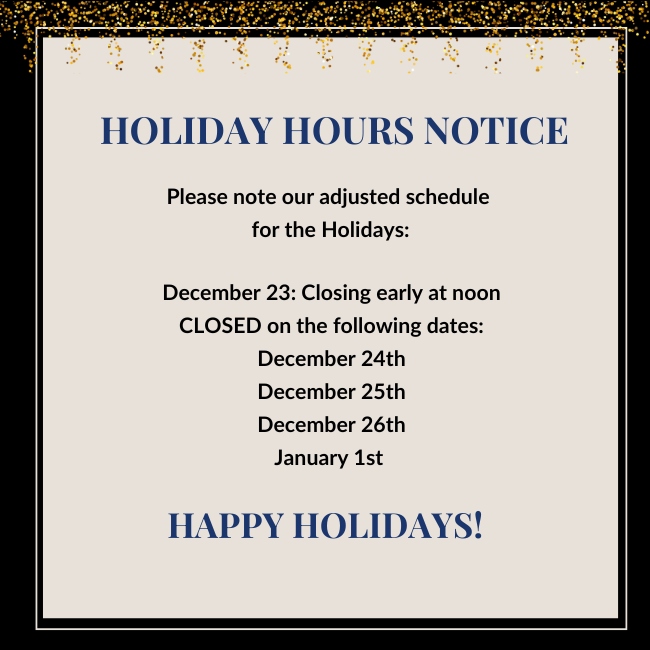Change is inevitable. While some changes are within our control, others aren’t.
Take your vision, for example. Even with routine eye exams, it’s natural for eyesight to change with time. This has nothing to do with your glasses!
Glasses support your eyes by correcting refractive errors. They do not make your vision worse. If you experience changes to your vision while wearing glasses, it’s likely an age-related change, a sign of an underlying issue, or simply you getting used to how clear and comfortable glasses make your vision!
Whatever the case may be, make sure to schedule routine eye exams to keep your eyes healthy and safe.
How Glasses Work
Browsing for new frames can be exciting. The power of glasses, however, lies in their lenses.
Refractive errors, like myopia or astigmatism, arise when the eye’s physical shape prevents light from focusing correctly inside the eye. Glasses provide visual clarity by altering how light enters your eyes, correcting for this improper focus and making your vision less blurry.
Blurry vision is a common sign that it may be time for glasses or an updated prescription. Other symptoms that suggest you may need glasses include:
- Frequent squinting
- Difficulty seeing road signs when driving
- Eye strain or headaches, especially after screen use
- Holding books or phones closer or farther from your face
If these sound familiar, it’s time to schedule a routine eye exam.
Fact or Fiction: Do Glasses Make Your Eyesight Worse?
The truth is that glasses do not worsen your vision. It’s actually normal for your vision to change with time. Common causes include:
- Vision Adapts: Glasses provide crisp, clear vision. Once your eyes adapt to this clarity, taking your glasses off can make uncorrected vision feel worse.
- Reduced Eye Strain: Glasses relieve stress on your eyes by correcting your vision. When your eyes overwork to focus, this leads to eye strain and fatigue.
It’s important to think of glasses as helpers, not a cause or cure for your vision. They do their job of enhancing clarity and reducing strain, but they don’t alter the underlying structure of your eyes.

Why Does Vision Change?
Even if you’re wearing a new prescription, you might notice your vision changing with time. This doesn’t mean your glasses aren’t working; it simply points to your eyes’ natural health progression and other external factors.
This is why we emphasize the importance of routine eye exams. Even in the span of a year, your vision can change more than you think.
Vision can naturally change for a few reasons, such as:
- Age: Aging often brings about presbyopia (among other eye conditions), where the lens of your eye becomes less flexible, affecting how you focus on close objects. This is why people make the switch to multifocal glasses.
- Lifestyle Habits: Spending long hours on digital screens or close-up work leads to eye strain, which can contribute to shifts in focus or discomfort. Spending less time outdoors in natural light can contribute to myopia in children.
- Developing Eye Conditions: Myopia often arises in childhood, and tends to get worse without myopia control. Other conditions may develop in adulthood. In either case, the development of an eye condition often results in changes to a person’s vision.
Scheduling routine eye exams helps you stay on top of your vision.
Skipping Your Glasses? Think Again
Some people mistakenly believe that not wearing their glasses will prevent their vision from worsening. In reality, the opposite is most often true.
Not wearing your glasses can lead to eye strain, discomfort, and even safety concerns. Here’s what you’re risking:
- Eye Strain: When your eyes work harder than they should (think squinting), this can lead to headaches, fatigue, and discomfort. Besides, eye strain can contribute to worsening vision.
- Poor Learning or Work Performance: Struggling to read, write, or focus during your day can affect productivity and learning, especially for young children.
- Safety Risks: Blurry vision while driving or navigating can put yourself and others in danger.
For children especially, not wearing prescription lenses can be harmful. Children’s eyes are more responsive to interventions and treatment, which can sometimes include prescription lenses. The sooner we identify any potential concerns, such as lazy eye or myopia, the better the outcome.
Annual eye exams help monitor your child’s vision for future visual success.
Try Contact Lenses
We get it. Eyeglasses aren’t for everyone.
If you don’t like the look or feel of glasses, contact lenses may be the way to go. These tiny lenses rest directly on the surface of the eye and require greater maintenance (which includes annual eye exams), but offer a more natural visual field.
Switching to contact lenses still offers the benefits of corrective vision. Just be sure to keep a backup pair of glasses on hand to wear around your home. Your eyes need a break from contact lenses, too!
Take Charge of Your Vision
Glasses are an invaluable tool that correct and support your vision. Whether you’re wearing them for reading, working, or driving, they enhance comfort, clarity, and quality of life.
Changes to your vision are normal. They’re often just a natural part of aging.. That’s why staying regular with routine eye exams is so important. Along with monitoring visual changes, eye exams allow us to detect potential concerns, like age-related vision changes, early enough to intervene effectively.
If your glasses look a little rough, or it’s been a while since your routine eye exam, it’s time to visit our exam chair. Connect with Professional Eyecare Centers to book your routine eye exam!




